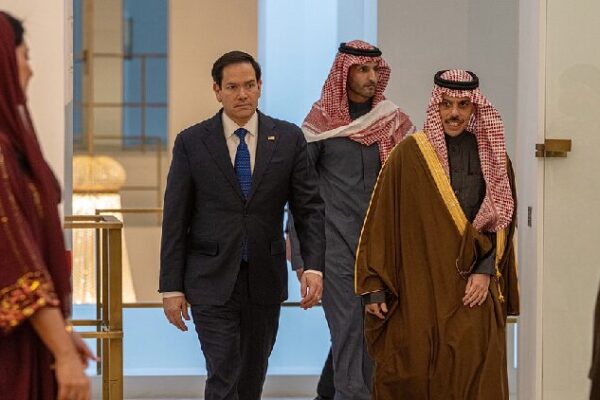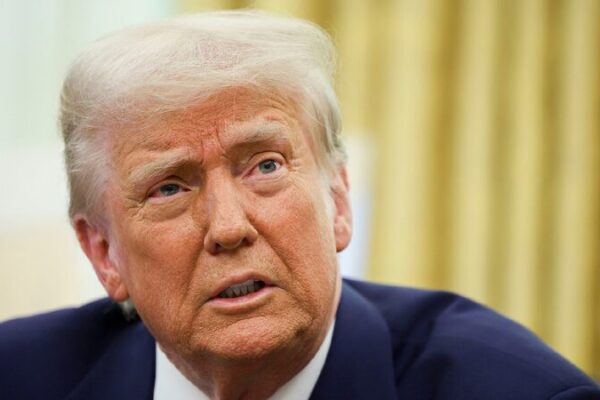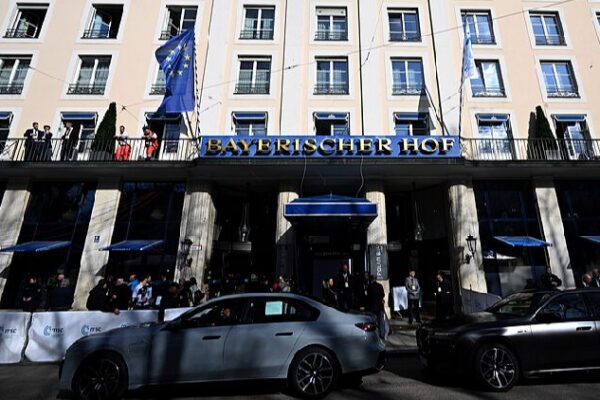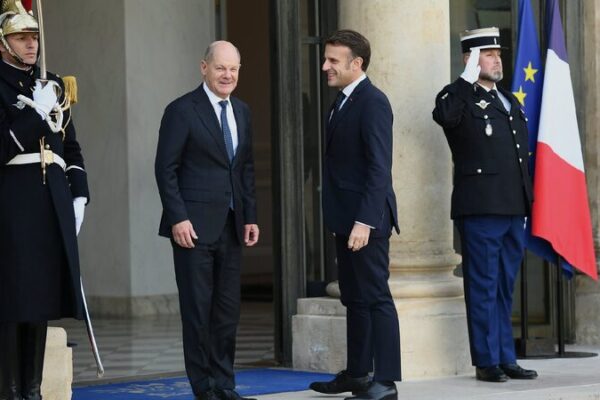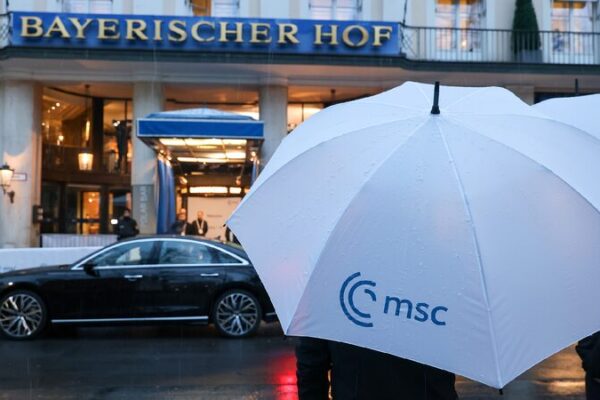US-Europe Tensions Surface at Munich Security Conference
The annual Munich Security Conference (MSC) has spotlighted growing tensions between the United States and Europe on issues ranging from trade policies to the ongoing conflict in Ukraine.
In his keynote address at the three-day conference, German President Frank-Walter Steinmeier criticized the current U.S. administration for what he described as a disregard for international cooperation and established rules. “Our closest ally, the United States, under its current leadership, seems to have withdrawn from its role as a reliable partner,” Steinmeier stated. “This retreat poses challenges for the international community.”
U.S. Vice President Kamala Harris, representing the United States at the conference, urged European nations to increase their defense spending and contribute more actively to shared security challenges. She emphasized the importance of transatlantic cooperation but also noted that European allies must take greater responsibility.
The conference also highlighted disagreements over trade policies. European Commission President Ursula von der Leyen responded to recent U.S. trade measures, stating, “Unjustified tariffs against the European Union will not be left without a response. We will take proportional and appropriate measures to defend our interests.”
Analysts observe that these tensions reflect a broader shift in U.S.-Europe relations. Professor Wang Shuo of the School of International Relations at Beijing Foreign Studies University commented, “The divergences between the U.S. and Europe on issues like trade, defense, and global governance are becoming more pronounced. This year’s Munich Security Conference has brought these differences into sharp focus.”
The conflict in Ukraine was a central topic at the conference. While the United States reaffirmed its commitment to supporting Ukraine, some European leaders expressed concerns about being sidelined in diplomatic efforts. European Union High Representative for Foreign Affairs and Security Policy Josep Borrell stated, “Any discussions about Ukraine’s security must involve Ukraine and Europe. We cannot accept decisions made over our heads.”
A recent poll by the European Council on Foreign Relations indicated that Europeans increasingly view the United States as a “necessary partner” rather than a steadfast ally. Thomas Fasbender, a geopolitics expert at German newspaper Berliner Zeitung, noted, “The fundamental divergence stems from differing approaches to international order and governance. Europe is grappling with a U.S. policy that seems more transactional and less committed to multilateralism.”
As the conference concluded, it was clear that bridging the transatlantic divide remains a significant challenge. The evolving dynamics between the United States and Europe will continue to shape global affairs in the coming years.
Reference(s):
From tariffs to Ukraine, growing U.S.-Europe rift on display at Munich
cgtn.com

